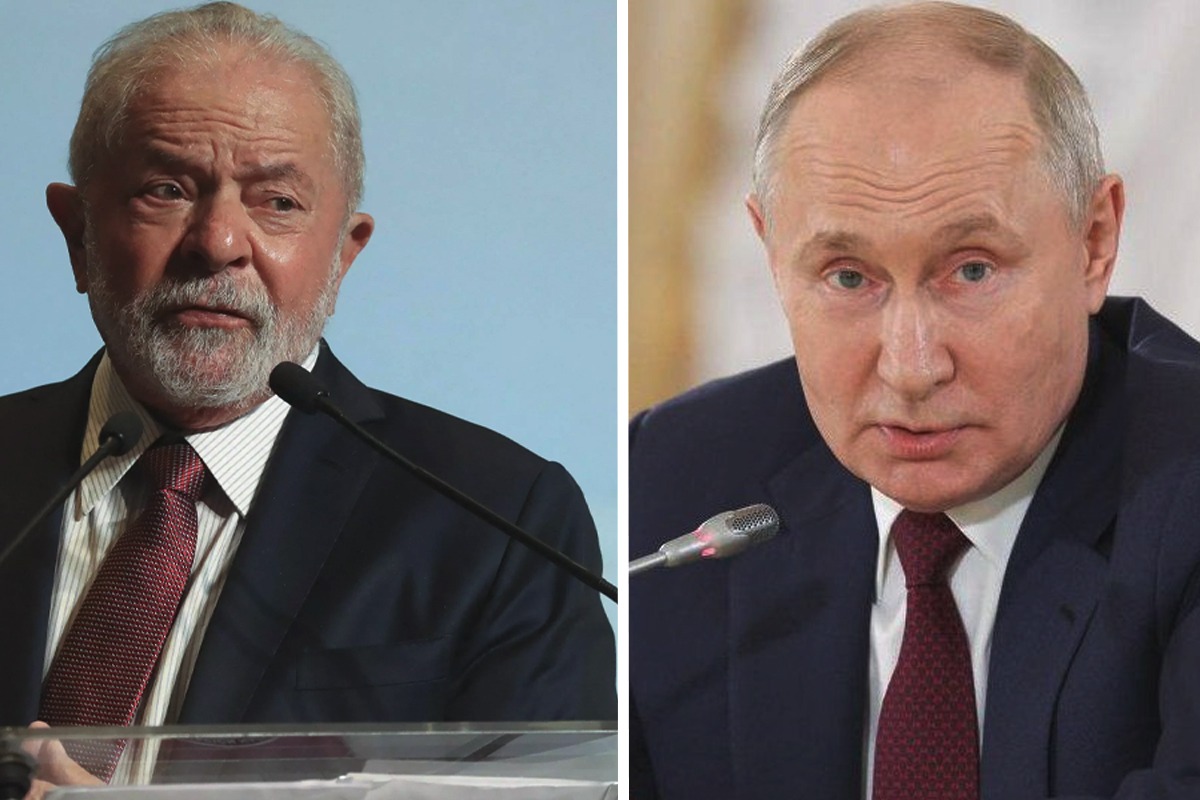NEW DELHI: Brazil is poised to import a record volume of fuel from Russia this month to become the top importer of Russian petroleum products in Latin America as Moscow explores new markets to negate the import ban imposed by the European Union (EU).
Brazilian imports of Russian energy are projected to surge by 25 per cent in August compared to July, reaching approximately 235,000 barrels per day, according to data provided by energy analytics firm Kpler Ltd. This remarkable increase outpaces the United States, which used to hold the position of Brazil’s primary foreign fuel supplier.
The surge in Russian fuel imports began in February, coinciding with the EU’s ban on imports and its imposition of a cap on Russian fuel prices, supported by other Group of Seven (G-7) nations. These measures are aimed at punishing Russia for invading Ukraine.
ALSO READ: USA’s strategic drubbing in Ukraine could pose challenge for India
“Securing discounted barrels is a considerable financial advantage for Brazil, as the government continually faces pressure to lower transportation fuel costs,” said Kpler analyst Viktor Katona, as reported by Bloomberg.
The price limits set for Russian premium petroleum products, including diesel, are established at $100 per barrel, while discounted fuel is capped at $45 per barrel. Under this framework, G-7 nations can only import Russian oil if the costs fall below these thresholds.
Katona approximates that Brazil’s procurement of Russian diesel has effectively slashed the imported fuel’s prices by $10 to $15 per barrel.
ALSO READ: British PM Rishi Sunak attends Ram Katha at Cambridge on I-Day
Since the initiation of these price caps, Brazil has emerged as the second-largest global purchaser of Russian diesel, trailing only Turkey, as per Kpler’s findings. It’s worth noting that Brazil has adopted a neutral stance on the Russia-Ukraine conflict.
Russia has also commenced supplying gasoline to Brazil since June, albeit to a lesser extent, and there are prospects for naphtha shipments to climb as well, suggested Kpler.
“Brazil stands as the largest market in Latin America, prompting Russian refineries to prioritize supplies to the nation,” Katona commented. “Even Brazilian companies acknowledge that their acquisition of Russian diesel bestows them with a competitive edge, indicating its continued prospects in the future.”









